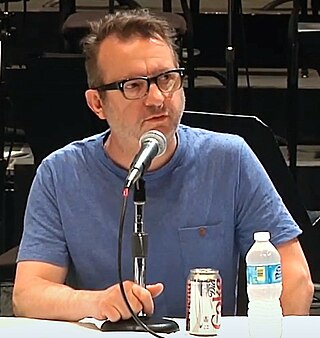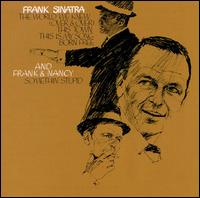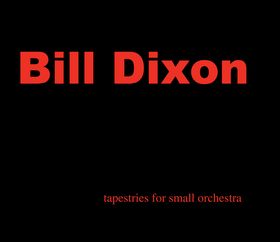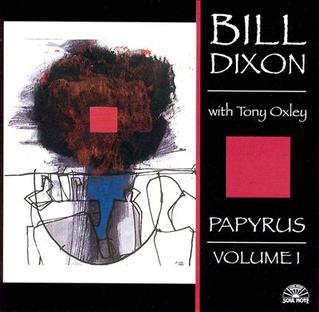
A musical ensemble, also known as a music group or musical group, is a group of people who perform instrumental and/or vocal music, with the ensemble typically known by a distinct name. Some music ensembles consist solely of instrumentalists, such as the jazz quartet or the orchestra. Other music ensembles consist solely of singers, such as choirs and doo-wop groups. In both popular music and classical music, there are ensembles in which both instrumentalists and singers perform, such as the rock band or the Baroque chamber group for basso continuo and one or more singers. In classical music, trios or quartets either blend the sounds of musical instrument families or group instruments from the same instrument family, such as string ensembles or wind ensembles. Some ensembles blend the sounds of a variety of instrument families, such as the orchestra, which uses a string section, brass instruments, woodwinds, and percussion instruments, or the concert band, which uses brass, woodwinds, and percussion.

Mark-Anthony Turnage is an English composer of contemporary classical music.
James Dillon is a Scottish composer who is often regarded as belonging to the New Complexity school. Dillon studied art and design, linguistics, piano, acoustics, Indian rhythm, mathematics and computer music, but is self-taught in composition.

The World We Knew, also known as Frank Sinatra, is a 1967 studio album by American singer Frank Sinatra.

Augusta Read Thomas is an American composer and University Professor of Composition in the Department of Music at the University of Chicago, where she is also director of the Chicago Center for Contemporary Composition.

Gershwin's World is a studio album by the American jazz pianist Herbie Hancock.

Eternity is an album by Alice Coltrane. It was recorded in August through October, 1975, and was released in 1976 by Warner Records, her first release with the label. On the album, Coltrane is joined by ensembles of varying size. It was Coltrane's first album following both her move to California and her decision to become a monastic.

The trumpet repertoire consists of solo literature and orchestral or, more commonly, band parts written for the trumpet. Tracings its origins to 1500 BC, the trumpet is a musical instrument with the highest register in the brass family.

The 80th Birthday Concert is a two-CD live album by George Russell released on the Concept label in 2005, featuring a performance by Russell with his Living Time Orchestra recorded in 2003.
Frederick A. Fox was an American composer and former music educator specializing in contemporary classical music.

Wide Angles is a studio live album led by saxophonist Michael Brecker that won the Grammy Award for Best Large Jazz Ensemble Album in 2004.
James Harley is a Canadian composer, author, and professor of music born in Vernon, British Columbia. His creative output consists of orchestral, chamber, solo, electroacoustic, and vocal music.
Kate Soper is a composer and vocalist. She was a recent American Academy in Rome fellow and Guggenheim Fellow as well as a 2012–13 fellow of the Radcliffe Institute for Advanced Study. She was a finalist for the 2017 Pulitzer Prize in Music for her chamber opera, Ipsa Dixit.

Mansoor Hosseini is an Iranian-Swedish percussionist and composer of classical music, born in Iran, who studied in Paris and Brussels. His works comprise chamber music and orchestral pieces. He founded the Ensemble Themus in Gothenburg, focussed on theatrical music.

Tapestries for Small Orchestra is an album by American jazz trumpeter Bill Dixon, which was recorded in 2008 and released on Firehouse 12 Records. The triple disc set includes two audio CDs of specially commissioned original music plus a documentary film featuring interviews and session footage. The small orchestra is a nine-piece group with personnel drawn, for the most part, from the large ensemble that recorded 17 Musicians in Search of a Sound: Darfur a year before.

Papyrus Volume I is an album by American jazz trumpeter Bill Dixon recorded in 1998 and released on the Italian Soul Note label.

Impact is an album by American jazz trumpeter Charles Tolliver's Music Inc. and Orchestra recorded in 1975 and first released on the Strata-East label.

Last Option is the fourth album by the jazz group 8 Bold Souls. It was recorded in August 1999 in Chicago, and was released in 2000 by Thrill Jockey. The album features performances by saxophonist, clarinetist, and composer Edward Wilkerson, saxophonist Mwata Bowden, trumpeter Robert Griffin, Jr., trombonist Isaiah Jackson, tubist Gerald Powell, cellist Naomi Millender, bassist Harrison Bankhead, and drummer Dushun Mosley.














